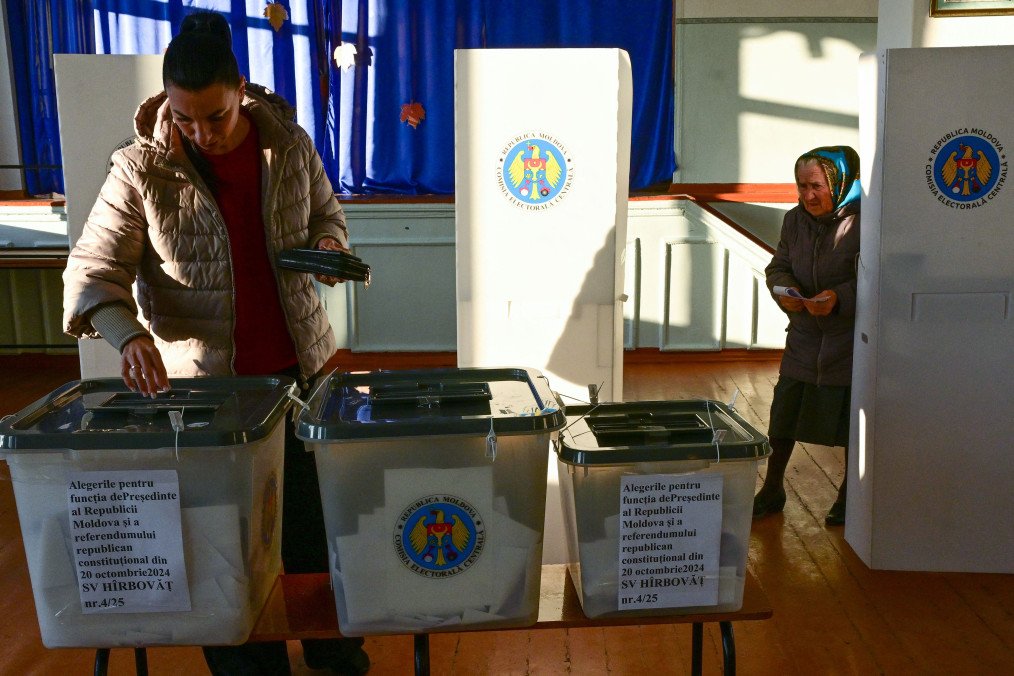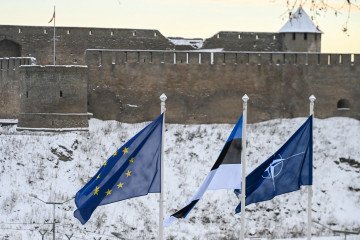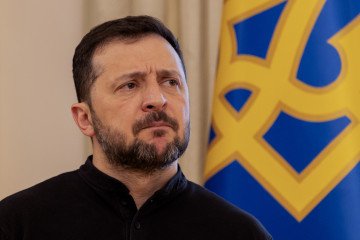Peter Stano, spokesperson for the European Union’s foreign policy service, stated that the first round of presidential elections in Moldova occurred amid unprecedented Russian interference. His remarks were made during a briefing in Brussels on October 20.
While the EU has not officially commented on the election and referendum results, Stano highlighted the challenging conditions under which the voting took place. He emphasized that both the elections and the referendum were closely monitored by the EU.
“We recognize that this voting took place under conditions of unprecedented interference and intimidation from Russia and its proxies, who attempted to destabilize the democratic process in Moldova,” Stano stated.
Stano further clarified that these subversive actions did not begin weeks or months ago but were in play well before October 20. The EU is currently awaiting the official announcement of the election and referendum results, as well as statements from monitoring missions. “After that, we will issue our formal response,” he added.
On October 20, 2024, Moldova held a nationwide referendum on EU accession. Preliminary results from the presidential elections indicate that incumbent President Maia Sandu and former Prosecutor General Alexandru Stoianoglo emerged as the leading candidates.
In another statement, Stano reiterated that the elections took place under severe external interference and intimidation, aiming to undermine democratic processes in the Republic of Moldova. The EU anticipates the announcement of final official results from both the voting and the election observers from the OSCE’s Office for Democratic Institutions and Human Rights (ODIHR).
Stano pointed out that Russia’s external interference and information manipulation against Moldova have taken many forms, starting long before the election day. He noted attempts to purchase votes, corroborated by data from the Moldovan government, and the pre-election spread of Russian propaganda within the country.
In response to such subversive activities, the EU initiated a targeted partnership mission with Moldova a year and a half ago, aimed at enhancing the country’s resilience against external interference and information manipulation.
The Moldovan elections were held alongside a constitutional referendum concerning the country’s European integration.
In the referendum, with 98.7% of ballots counted, 50.24% voted in favor of including a European orientation in Moldova’s Constitution, while 49.76% opposed the measure.



-c439b7bd9030ecf9d5a4287dc361ba31.jpg)

-111f0e5095e02c02446ffed57bfb0ab1.jpeg)

